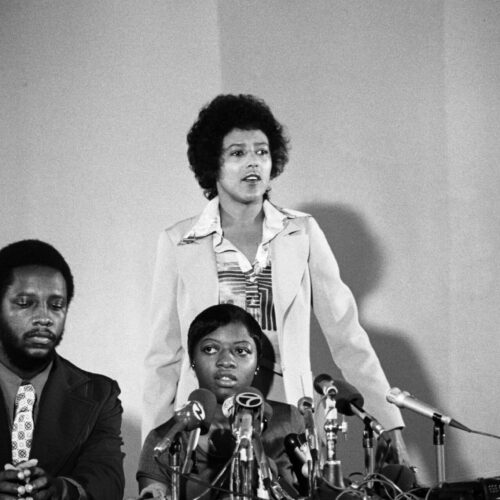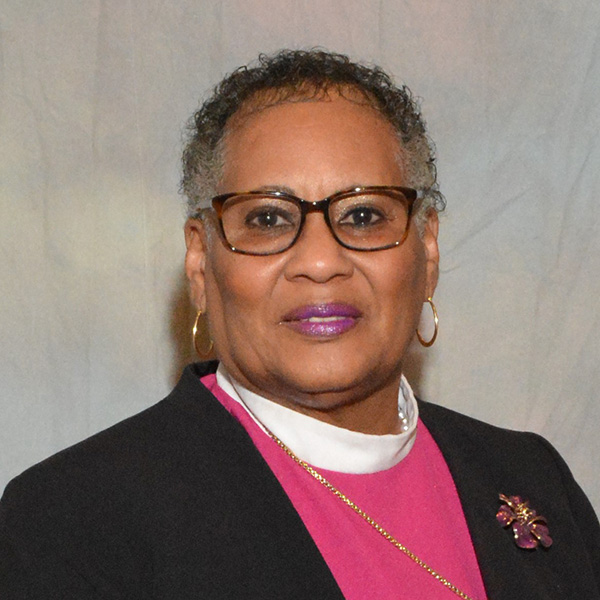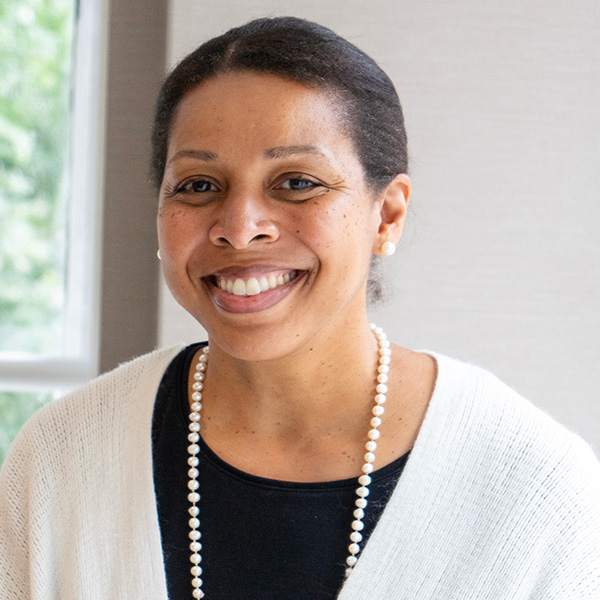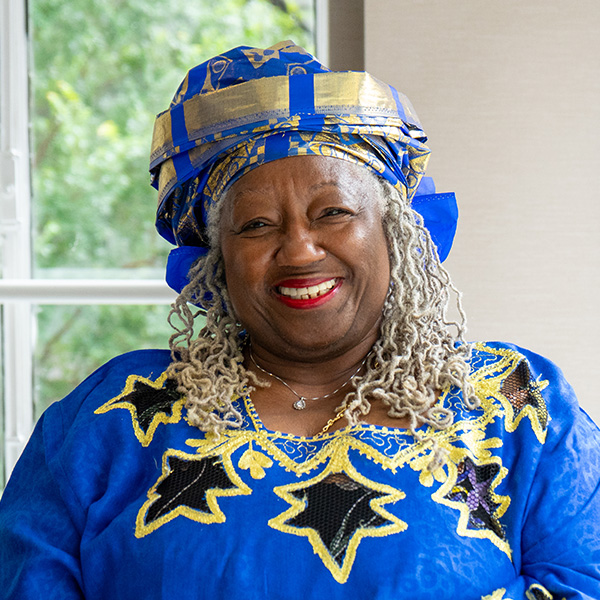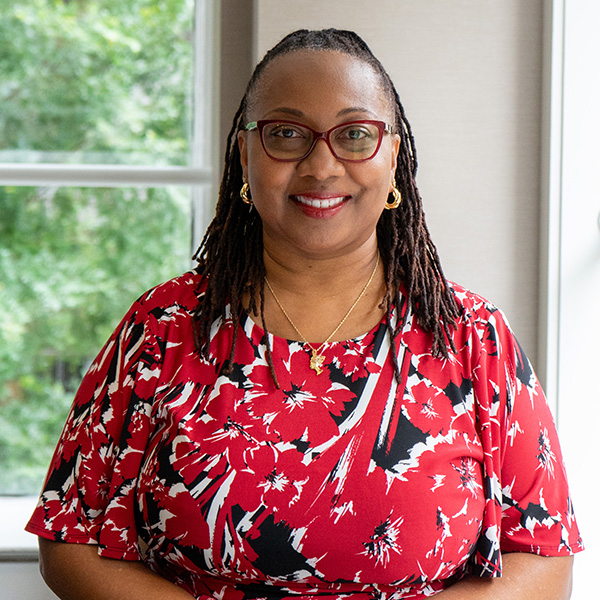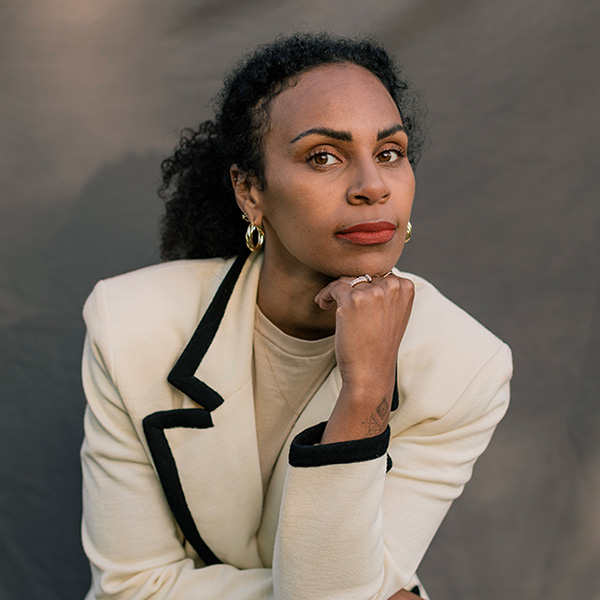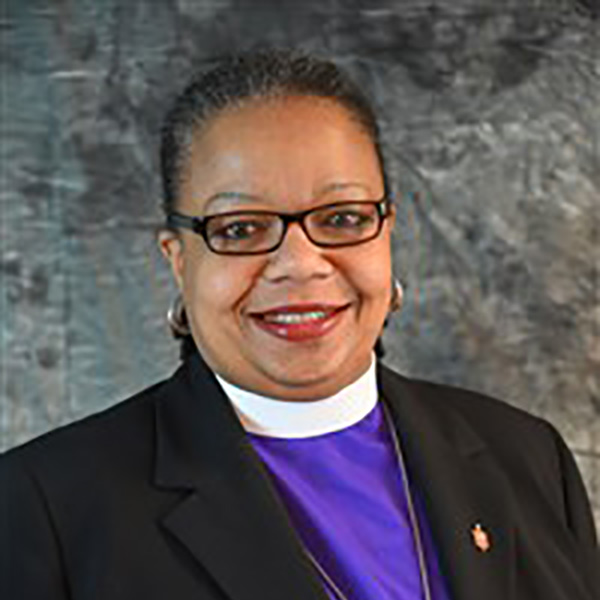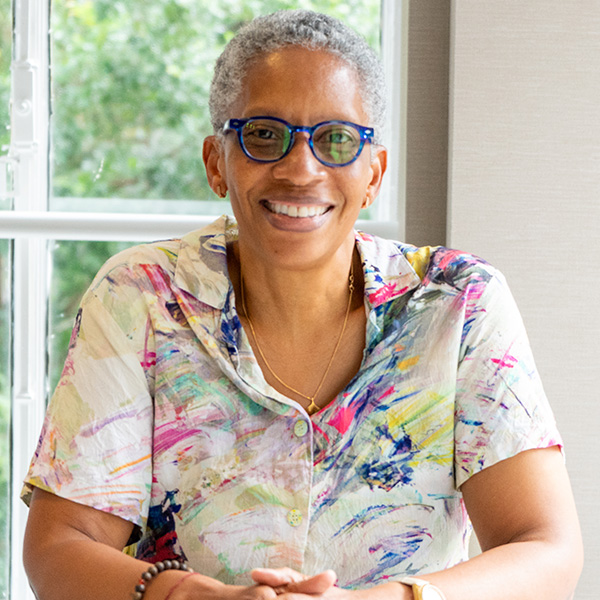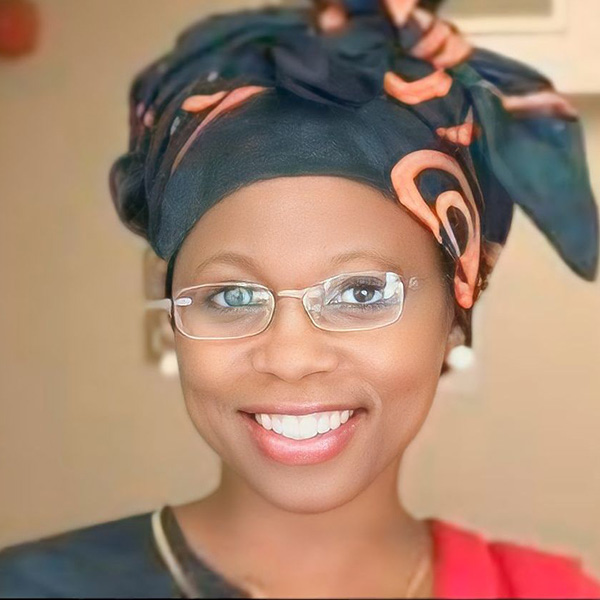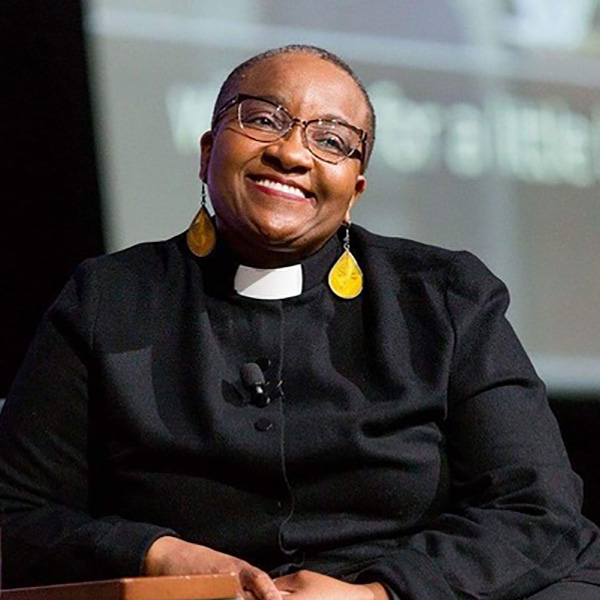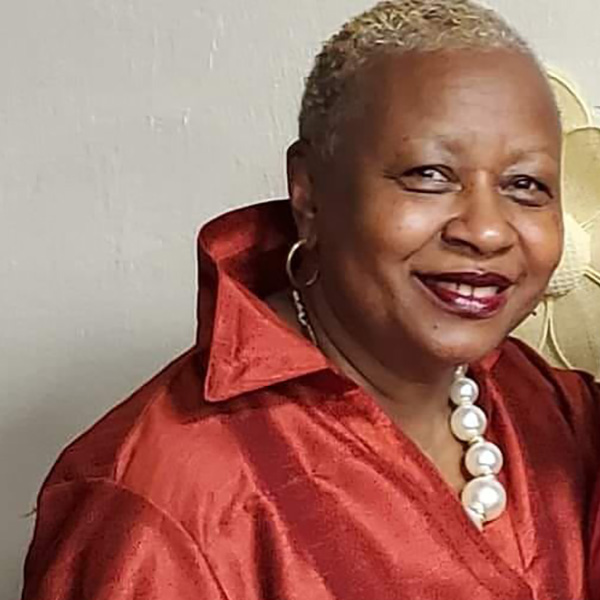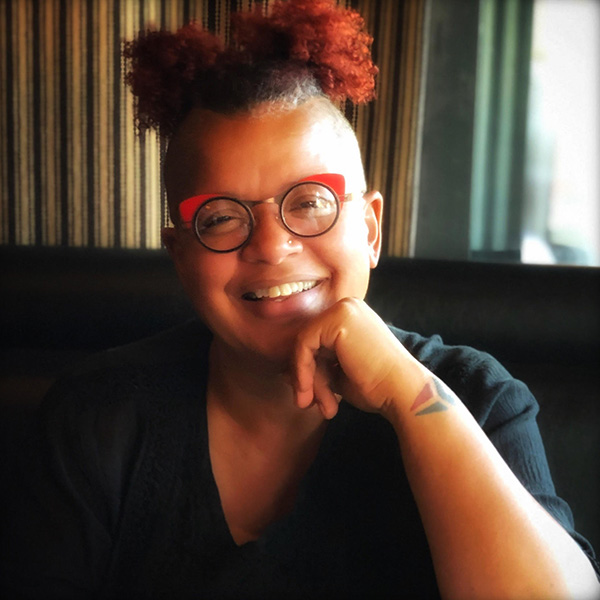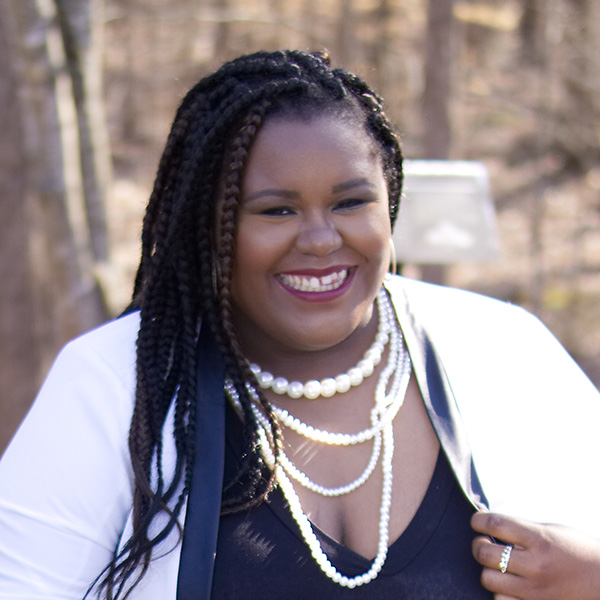Biography
Early Life
Elaine Brown is most known for being the first woman to lead the Black Panther Party as chairwoman from 1974 to 1977. Brown also enjoyed a successful career as an activist and politician.
Brown was born to Dorothy Clark, a factory worker, in a predominantly black, low-income area of North Philadelphia on March 2, 1943. Her father, Horace Scott, was a prominent physician.
Brown’s belief in God was influenced by her grandmother, who would often sing Christian hymns.
Brown began her education in a special elementary school and received classical piano and ballet lessons. She graduated from Philadelphia High School for Girls and briefly attended nearby Temple University as a pre-law student.
In 1965, she made the decision to attend the University of California-Los Angeles (UCLA). As a student, Brown began a Black Student Union newsletter and organized the Southern California College Black Student Alliance.
She also shared her musical talents by teaching piano to interested youth at the Jordan Downs public housing project in Watts.
While working at the Pink Pussycat Club in West Hollywood, she met Jay Kennedy, a romantic partner, and mentor, who exposed her to the political aspects of the Civil Rights Movement.
Civil Rights Activism
In 1967, Brown was introduced to the Black Panther Party (BPP), and within a year she had joined the Southern California chapter.
Brown was drawn to the radical rhetoric of the activists and made significant contributions to the organization, including establishing the Free Breakfast for Children program.
In her autobiography, A Taste of Power: A Black Woman’s Story, she recalled, “The only rent-free facility we had been able to find for our first Breakfast for Children program in L.A. was a Seventh-Day Adventist church. The black pastor welcomed us with one admonition: that we serve no meat.”
As an active member of the BPP, Brown composed songs to honor many of the leaders she admired including Eldridge Cleaver, John Huggins, George and Jonathan Jackson, and Huey Newton. She later recorded the Black Panther National Anthem, “The Meeting.”
Black Panther Leadership
Brown held several senior leadership positions in the organization, including Deputy and Senior Minister of Information, Editor of The Black Panther, and she was the BPP candidate for the Oakland City Council.
She eventually became the Chairwoman of the organization between 1974 and 1977, a period when co-founder Huey Newton lived in exile. During Brown’s tenure as chairperson, she continued to provide community resources for free medical care, expanded the free breakfast program, and created the renowned Oakland Community Learning Center.
Brown worked to provide much-needed jobs for African Americans during the Grove-Shafter freeway expansion that helped to revitalize downtown Oakland. However, political dissension and resistance to women’s leadership ultimately caused her to officially leave the BPP to pursue her activism in other venues.
Religion to Bring Change
Though religion did not play a major role in Brown’s activist ideology, she embraced working with faith leaders while in the BBP, which was painful for her to leave behind.
She recalled in A Taste of Power, “ I remember the voice of Father Earl Neil, the black Episcopalian priest who had opened his church to our breakfast program in the early, unpopular days. He had told a large Panther food-giveaway rally that, while Jesus had fed five thousand with His miracle of fishes and loaves, the Black Panthers fed tens of thousands.”
Life After BBP
Brown’s move to France in the 1980s helped to shift her perspective and gave her the space to reflect and write about her BPP experiences.
She later moved to Atlanta, Georgia, where she founded the educational non-profit Fields of Flowers and Mothers Advocating Juvenile Justice in the 1990s.
She has been a vocal political activist in her writings like The Condemnation of Little B and as the Green Party’s 2005 mayoral candidate in Brunswick, Georgia.
The fight for social justice is ongoing for Brown who noted in a 2022 interview with The Guardian that “The situation for Black people in America is largely the same as it was when the Black Panther Party was formed.” However, she remains determined to “try to keep the revolutionary spirit of our struggle alive.”
Elaine Brown’s hope and faith in justice have inspired global activism in the 20th and 21st centuries.
